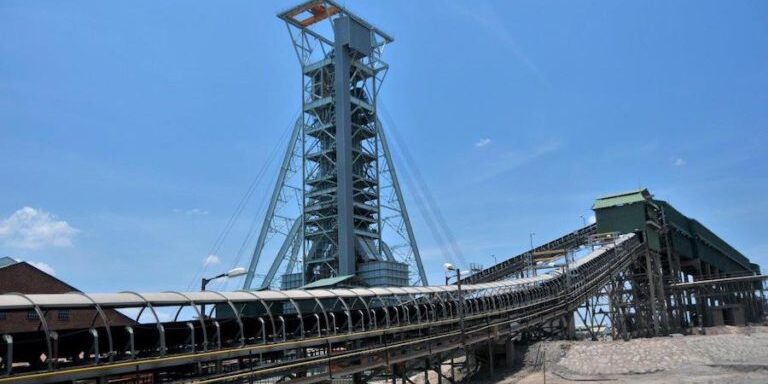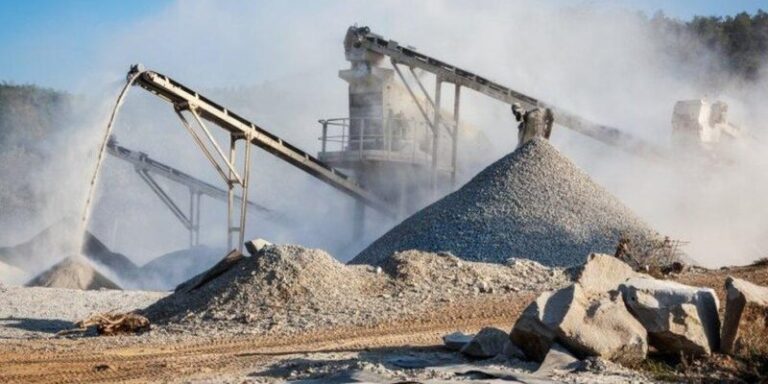
The future of US-Africa relations will revolve around critical minerals, private sector-driven development, and sustainable energy solutions, according to Ramsey Day, former Assistant Administrator for the Africa Bureau at the U.S. Agency for International Development (USAID).
“Critical minerals will be a central focus of US engagement with Africa,” Day stated during a briefing hosted by the Energy for Growth Hub.
He highlighted the strategic importance of minerals like lithium, cobalt, and rare earth elements, which are crucial for the global energy transition.
The Lobito Corridor, a cross-border infrastructure project connecting Angola, Zambia, and the Democratic Republic of the Congo (DRC), was identified as a key element of this engagement.
“The Lobito Corridor is going to play an important role,” Day said, emphasizing that energy projects will be vital for critical mineral mining in resource-rich but energy-scarce countries like the DRC.
Day also stressed the shift away from traditional aid models, advocating for economic partnerships instead. “Conventional aid programs are a thing of the past,” he noted.
“We will still aim to address energy poverty and broader poverty, but through the private sector. Aid can buy time, but it won’t solve the problem.”
Day further emphasized the need for agencies like USAID and the Millennium Challenge Corporation to focus on building economic relationships, with energy as a key component. “Energy is critical to Africa’s economic future,” he said.
Importantly, Day underscored the importance of ensuring local communities benefit from energy infrastructure projects. “Local communities must see tangible benefits from the development of energy projects,” he added, stressing the need for inclusive growth in Africa’s energy sector.
As Africa’s role in global energy markets expands, US engagement—particularly around critical minerals and energy access—will be crucial in shaping sustainable partnerships and economic opportunities across the continent.





